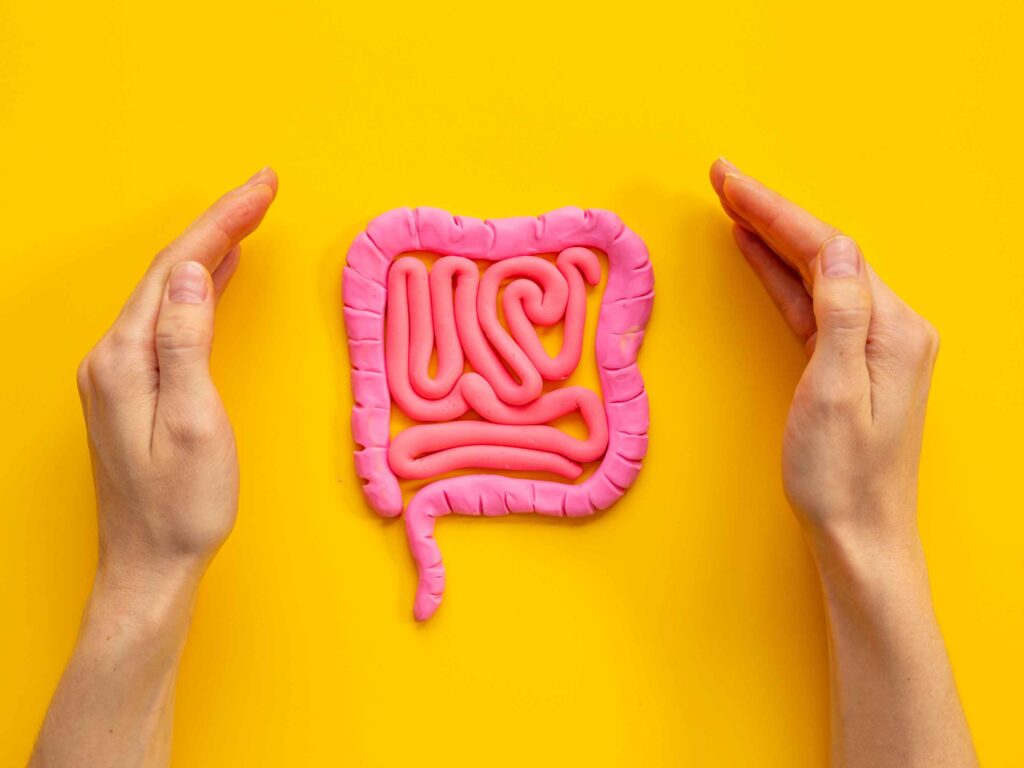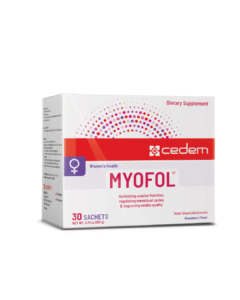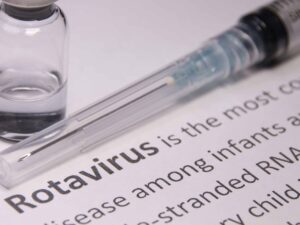Table of Contents
Toggle10 Daily Habits to Support Gut Health (Without Going on a Diet)
Introduction
Let’s face it gut health is the cornerstone of overall well-being. It influences digestion, immunity, skin clarity, mental health, and even energy levels. But most people think achieving a healthy gut means strict diets, cutting out everything they love, and living off of kale and kombucha.
Here’s the truth: you don’t have to overhaul your entire diet to support your gut. A few smart, daily habits can go a long way—no juice cleanses, no detox kits, and definitely no misery.
So if you want better digestion, reduced bloating, and stronger immunity, without stressing over what’s on your plate every minute, these 10 daily gut-friendly habits are just for you.
Start Your Day with Warm Lemon Water
Skip the coffee (at least for now!) and begin your morning with a glass of warm water and fresh lemon juice. This simple habit:
-
Wakes up your digestive system
-
Stimulates stomach acid production
-
Helps flush out toxins
Bonus: It can reduce constipation and help with regular bowel movements.
Chew Slowly and Mindfully
Sounds too simple, right? But chewing thoroughly helps break down food mechanically and signals your body to release digestive enzymes.
When you eat too fast:
-
You swallow more air (hello, bloating!)
-
Your stomach works overtime
Try to chew each bite 20–30 times. Yes, that may seem excessive, but your gut will thank you.
Hydrate Throughout the Day
Water plays a key role in digestion and nutrient absorption. Dehydration can lead to sluggish bowels and bloating.
Try this:
-
Carry a reusable water bottle
-
Sip water between meals (not excessively during meals)
-
Add slices of cucumber, mint, or berries for flavor if plain water bores you
Aim for at least 8 glasses daily—more if you’re active or live in a warm climate.
Eat at Regular Times
Your gut loves rhythm. When you eat erratically, your microbiome gets confused, which can trigger gas, indigestion, and even blood sugar spikes.
Make it a habit to:
-
Eat breakfast within an hour of waking
-
Keep consistent meal times (even on weekends)
-
Avoid late-night snacking
A regulated eating schedule supports the natural digestive clock, also known as the “gut circadian rhythm.”
Incorporate Fermented Foods (Sparingly)
You don’t need to go full-on kimchi warrior, but a few spoonfuls of fermented foods daily can do wonders.
Try:
-
Sauerkraut
-
Greek yogurt with live cultures
-
Kefir
-
Miso
-
Tempeh
These contain live probiotics that strengthen your gut flora, but moderation is key—too much too soon can lead to bloating or discomfort.
Get at Least 20 Minutes of Movement
Exercise isn’t just for your waistline—it’s vital for gut health. Physical activity improves digestion by stimulating intestinal contractions and reducing inflammation.
Aim for:
-
A brisk 20-minute walk after lunch or dinner
-
Light yoga or stretching in the morning
-
Taking the stairs instead of the elevator
Even gentle movement helps your gut stay regular and reduces constipation.
Reduce Unnecessary Antibiotic Use
Antibiotics wipe out both bad and good bacteria, disrupting your microbiome balance. Only take them when absolutely necessary and always complete the prescribed course.
If you’ve taken antibiotics recently:
-
Consider a high-quality probiotic supplement
-
Increase prebiotic foods like garlic, onions, and oats
-
Eat more fiber to support regrowth of healthy gut bacteria
Get Quality Sleep Every Night
Poor sleep affects gut permeability (aka leaky gut) and increases stress hormone cortisol, which negatively impacts digestion and inflammation.
Make sleep a priority:
-
Aim for 7–9 hours
-
Stick to the same sleep/wake times daily
-
Avoid screens at least an hour before bed
A rested gut is a happy gut!
Manage Stress with Intentional Practices
Chronic stress can damage the gut lining, alter microbiota, and trigger symptoms like IBS. The gut-brain connection is real—and powerful.
Support your gut daily by:
-
Practicing deep breathing or meditation for 5–10 minutes
-
Journaling your thoughts in the morning or evening
-
Spending time in nature or with loved ones
Even a 10-minute walk in the sun can help reset your nervous system and reduce gut-related distress.
Add Prebiotic-Rich Foods (Not Just Probiotics)
If probiotics are the seeds, prebiotics are the fertilizer. These are fibers that feed your good bacteria.
No need for powders—just eat:
-
Bananas (especially slightly green ones)
-
Asparagus
-
Leeks
-
Garlic and onions
-
Oats and barley
Prebiotics support diversity and growth of beneficial microbes.
Bonus Tip: Don’t Obsess Over “Clean Eating”
Ironically, obsessing over perfect food choices can lead to disordered eating patterns and actually harm your gut through stress. Flexibility and consistency beat extremes.
Remember:
-
A slice of pizza won’t kill your microbiome
-
Gut health is a marathon, not a sprint
-
Small habits, done daily, > one big cleanse
FAQs About Gut Health Without Dieting
Can I improve gut health without supplements?
Yes! Daily habits like hydration, movement, and eating fiber-rich foods support your gut naturally.
How fast can I feel the benefits?
Some people notice changes in a few days, especially less bloating and more regularity. Others may need a few weeks.
Are probiotics necessary every day?
Not always. A varied diet with fermented and prebiotic foods can be enough for most people.
What if I have IBS?
Start slowly with these habits. Listen to your body and speak to a gut-specialist nutritionist for personalized advice.
Is fasting good for the gut?
Intermittent fasting may support gut repair in some people, but it’s not essential. Balanced habits work just as well.
Do artificial sweeteners affect gut health?
Yes. Some sweeteners like sucralose and aspartame may negatively affect the gut microbiome. It’s best to limit them.
Conclusion
You don’t need another restrictive diet to heal your gut. These simple, manageable daily habits are powerful enough to transform your digestive health over time. No fads, no extremes—just consistency and awareness.
Start with one habit today, build from there, and your gut will thank you with better energy, mood, and digestion.

Suleiman Atieh, experienced pharmacist specializing in healthcare, patient wellness, safe medication practices, disease management, and supplement guidance.








